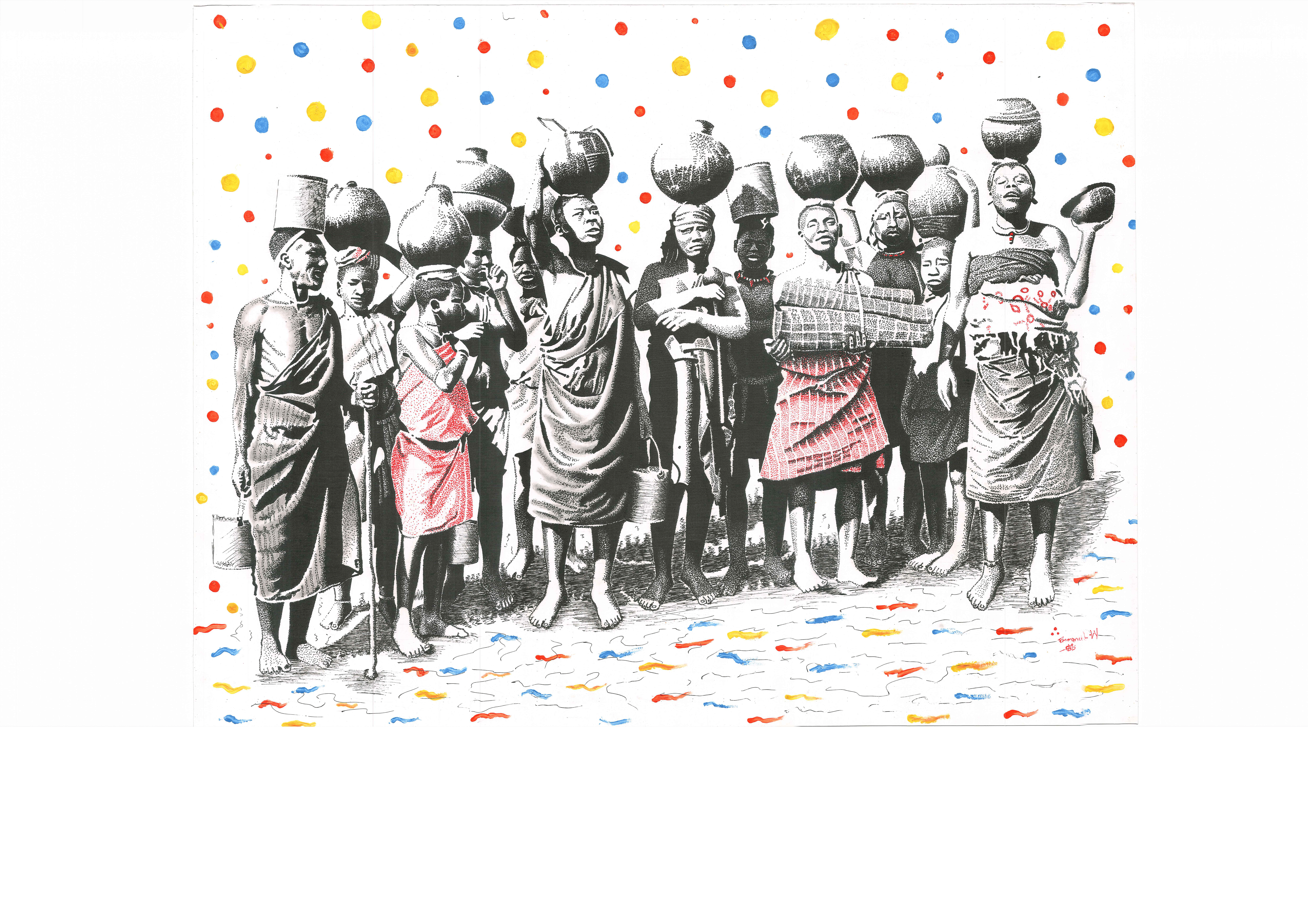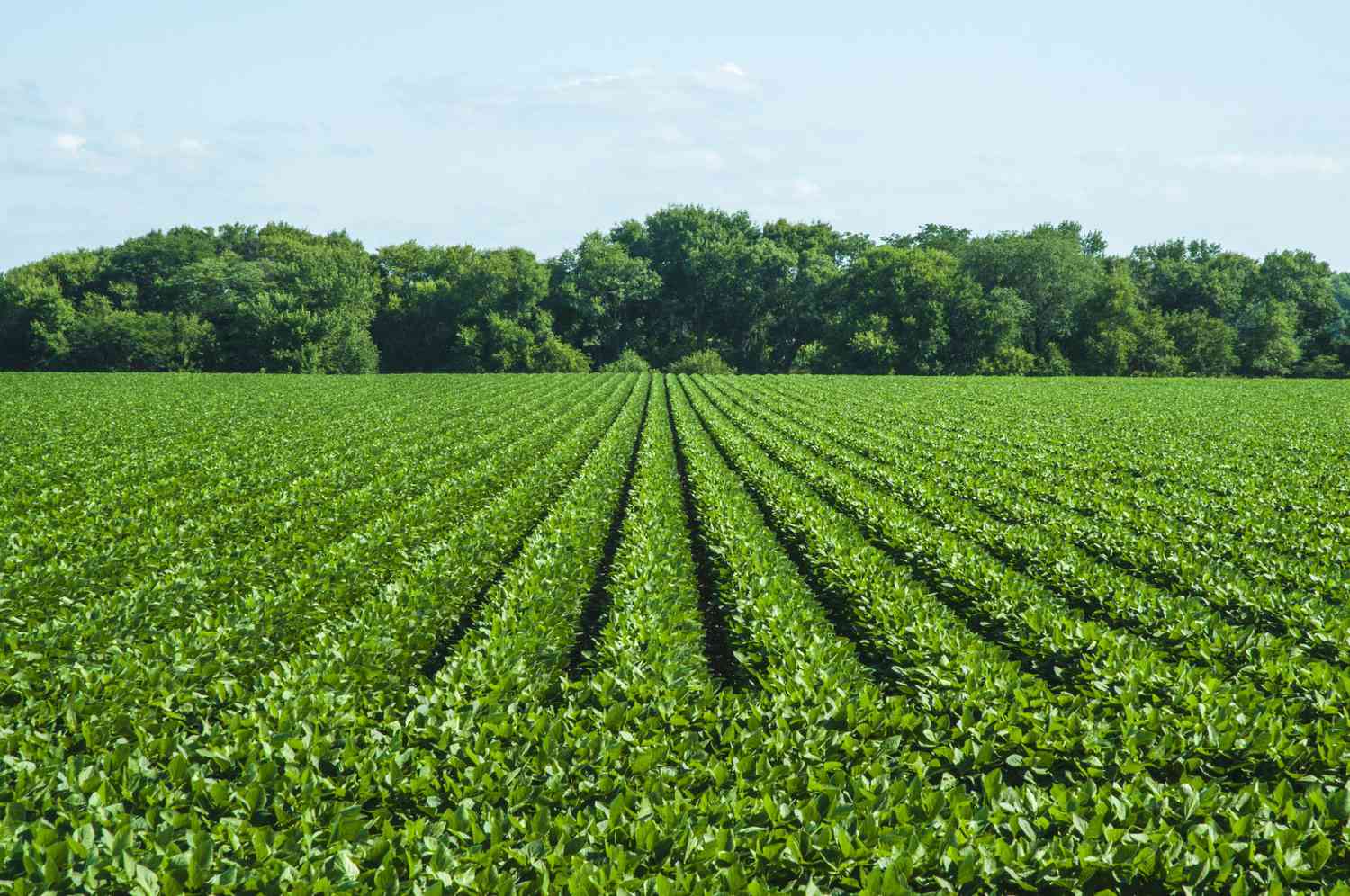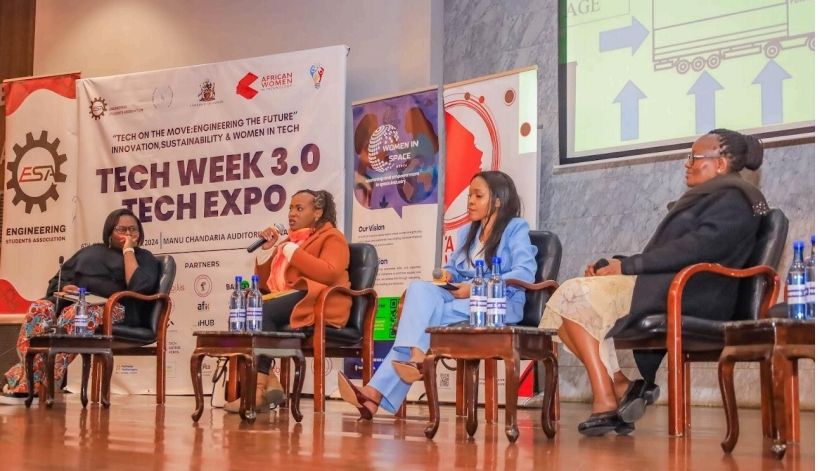Research and innovation set to boost food security in Africa
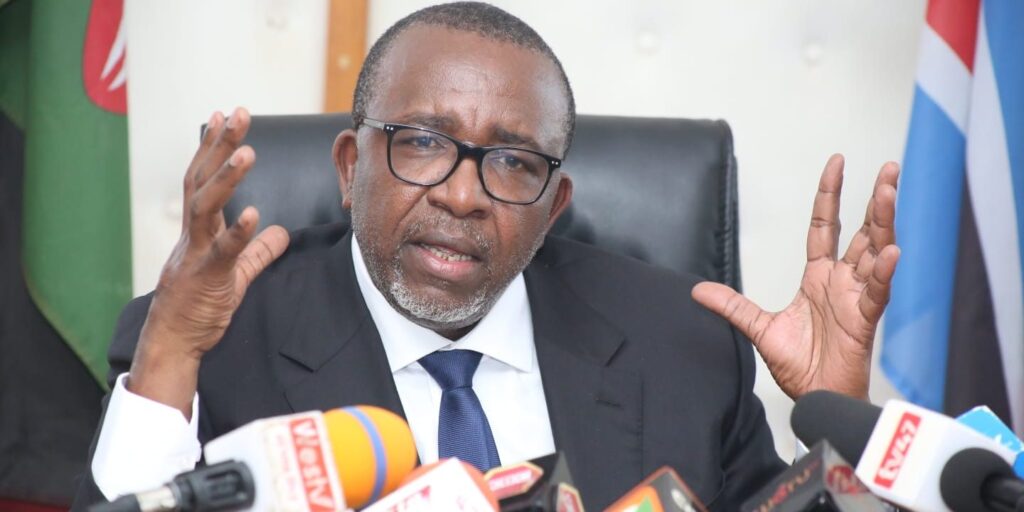
African Governments have been challenged to invest more in research and innovation to enhance food security in the continent.
Speaking during a food conference in Nairobi, Agriculture Cabinet Secretary Mithika Linturi said although a lot was being done in the region, it is not captured in the Biennial Review Reporting on food insecurity because of lack of accessibility of data and information and not because of lack of performance.
“As a continent, we need to coordinate better and implement innovative digital tools for the collection of data, Food Security is a big priority for the National Government in Kenya, However the biggest gap is that there is very little or no research being done and I am confident that at the end of this forum, stakeholders will come up with ideas and solutions to ensure food security in the continent.’” he said in he said in a speech read on his behalf by the Deputy Director at the State department of Agriculture Phyllis Njane.
Linturi noted that Science, technologies, and innovations are increasingly becoming key, with less land available to produce food and declining water levels. The focus must therefore be on how to produce more food, with less land and water, while conserving the environment at the same time. The scenario has played out in the World before. In the 1960s, the world was under the spell of Malthusian theory, with rising concerns that agricultural growth will not be able to keep up with population growth. What the Malthusian theory did not consider was the power of science and technology to break yield barriers. The green revolution, with high yielding varieties of wheat and rice, transformed Asia. India – which a Nobel Prize economist once considered a “basket case” – soon became a major exporter of food.
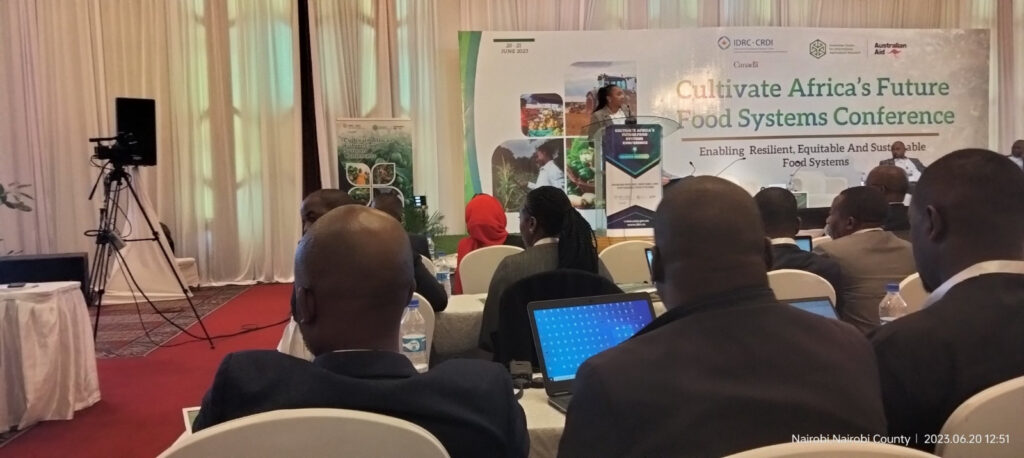
The assembly of African Heads of State and Government during the 35th Ordinary Session of the Assembly of the African Union Heads of State and Government in February 2022, launched a report on 10th March 2022 that captured Africa’s agricultural progress on the implementation of the June 2014 Malabo Declaration on Accelerated Agricultural Growth and Transformation for Shared Prosperity and Improved Livelihoods.
From the reports being churned out, he noted with concern that the challenge we have experienced with Biennial Reporting is not so much a lack of performance, but more about accessibility of data and information which means, as a sector, we need to coordinate better and implement innovative digital tools for the collection of data, moving forward.
Looking to the future, the Cabinet Secretary reiterated Africa subsidies are inevitable in the early phases of agricultural transformations to guarantee food security. This, he said, will ensure that the poor, especially women, and smallholders benefit from technical change. On this front, Kenya has done very well. The government has since spent about Sh6 billion on fertilizer subsidy and according to the National Cereals and Produce Board, 2. 3 million farmers have been registered by the Ministry of Agriculture. The ready-made database will give farmers managed access to government programs and enhance openness, accountability, and traceability in the operation of fertilizer subsidy schemes.
He called on all governments, stakeholders to team up and build prosperity through inclusive, innovative, collaborative, and dynamic food systems, that are based on data-driven decisions to ensure access to diverse diets from climate resilient production in every region of the country.
On his part, Climate Resilient Food Systems Division, IDRC, Director Mr. Santiago Alba Corral said, the conference will provide a platform for delegates to learn, share information and build strategic partnerships with the overall objective of identifying effective interventions to reduce food loss waste on the continent as well as push for research and funding.
“Africa has the potential to not only feed itself, even with a growing population, but to become a net exporter of food – rather than an importer as it is now, he said.”
Speaking on the same, Australian Centre for International Agricultural Research (ACIAR) Eleanor Dean said by investing in cutting-edge research and technology, CultiAf is developing and disseminating innovative farming practices tailored to Africa’s unique conditions.
The progamme is pegged on four research themes which are increasing productivity and reducing post-harvest losses, linking agriculture, nutrition and human health, gender equality and climate change and agricultural water management.
The two-day conference on innovation, research and how funding can improve food security, productivity, and profitability in Africa has attracted over 200 delegates.
The conference is being hosted by (International Development Research Centre) IDRC and (Australian Centre for International Agricultural Research) ACIAR. The two organizations have sponsored a programme christened Cultivate Africa’s Future Fund (CultiAf) and funded programs in selected countries in Eastern and Southern Africa such as Ethiopia, Kenya, Malawi, Mozambique, Uganda, Zambia and Zimbabwe.

